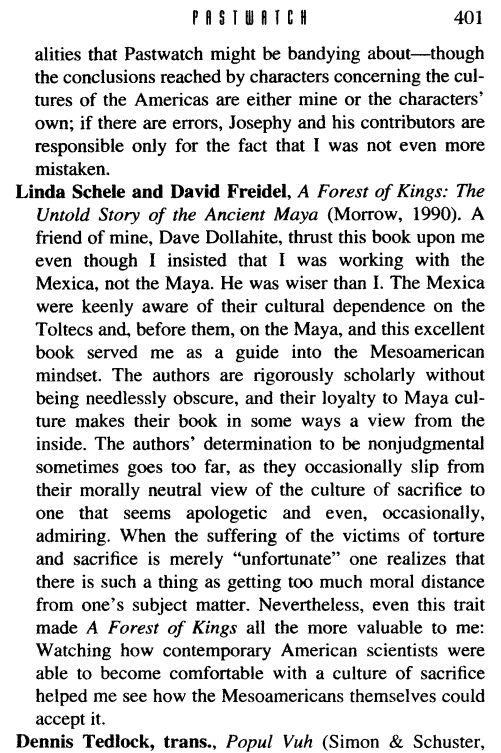The rules of song and the rules of myth: playing with dragons and other mythohistorical archetypes (rules of the text 2)
George RR Martin titled A Song of Ice and Fire advisedly, I think, with reference to the bardic traditions of European culture that gave us also the Iliad, the Odyssey, Beowulf, and the Song of Roland among many others. As I’ve demonstrated, those bardic traditions worked like games. That weContinue Reading
Playing with World Religion: What Religion Means in Civ IV
Civ IV was the first, and at the moment, also the last of the Civilization games to include religion as a component in the games model of history. I imagine that the developers have always found themselves in a tricky spot. Clearly Religions have played a critical role in worldContinue Reading
Simulating Detroit, A City with Cars and Crime but No Races
Detroit bears the distinction of being one of the few cities in the world whose name alone stands in for an entire industry. Automobiles. Ford, Chrysler, GM. And in the distant past, all those smaller manufacturers gobbled up by the Big Three—Lincoln, Buick, Chevrolet, and so on—and then those evenContinue Reading
A modest proposal for viewing literary texts as rulesets, and for making game studies beneficial to the publick (rules of the text 1)
In this post, I want to try to open a new direction in my own thinking about play and art. As you may have gathered from previous posts here at Play the Past, I see games and other works of art as part of a continuum of μίμησις–or, in myContinue Reading
Pastwatch Reflections: Cause, Counterfactual, and Fracturing the Past
This is the final post in series exploring how the story of Orson Scot Card’s book Pastwatch gets readers to play with and explore their own models of the past. The first post discussed the way the book’s claim that we are living in an altered history helps us approachContinue Reading
Interpreting History Through Games
This is a guest article from Jeremy Antley who is currently pursuing his doctoral research on Russian Old Believers that immigrated to Oregon in the 1960′s. When not rummaging through the archives or taking care of his two dogs in Portland, Oregon, he also takes time to write about all things (digital)Continue Reading
THATCamp Games Retrospective
From Jan 20-22, THATCamp Games took place at the University of Maryland. Organized by Anastasia Salter and Amanda Visconti, THATCamp Games brought nearly one hundred professors, graduate and undergraduate students, archivists, librarians, game designers, and alt-ac professionals together to explore the role games play (and might play) in the intersection of teaching, technology, humanities,Continue Reading
Validating Model COINs’
This is a guest article from Jeremy Antley who is currently pursuing his doctoral research on Russian Old Believers that immigrated to Oregon in the 1960’s. When not rummaging through the archives or taking care of his two dogs in Portland, Oregon, he also takes time to write about all things (digital)Continue Reading
The Good, the Bad, and the Ugly: Follow-up on Playful Historical Thinking Class Experiment
Last fall, I conducted an experiment in classroom pedagogy, building a modern European history course around the concept of playful historical thinking. I wrote about this in a guest post for Play the Past last September, which you can and should read here before continuing. I thought I would takeContinue Reading
Privileging Form Over Content: Analysing Historical Videogames
This is a guest article from Adam Chapman, a PhD Candidate at the University of Hull in the Media, Culture and Society department. He received a History BA (Hons) from Leeds Metropolitan University and a Cultural History MA at the University of Liverpool before continuing on to study at Hull. Adam’sContinue Reading


